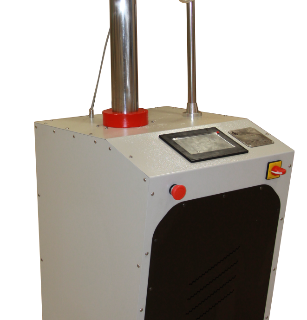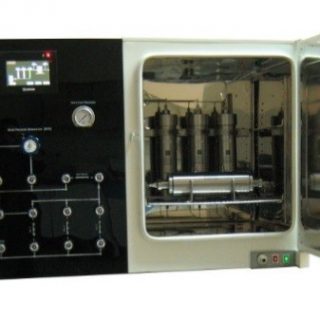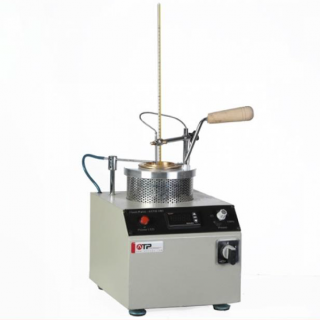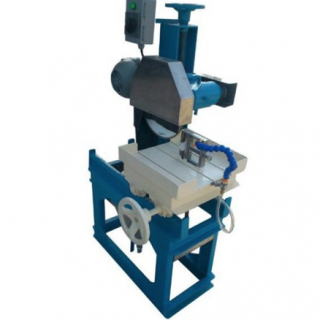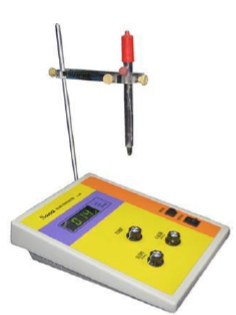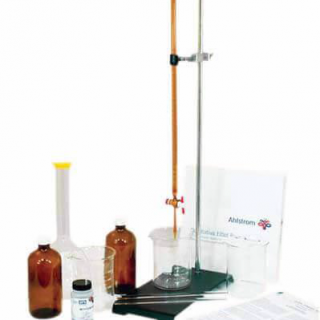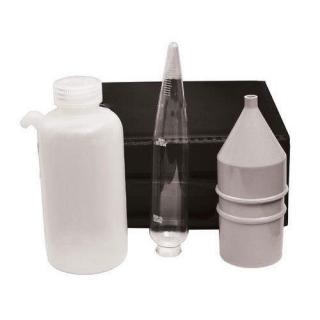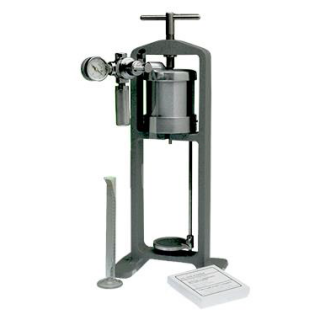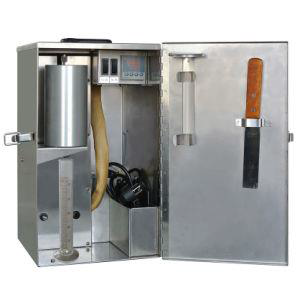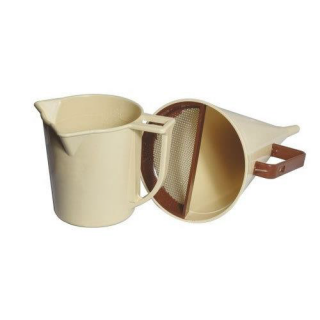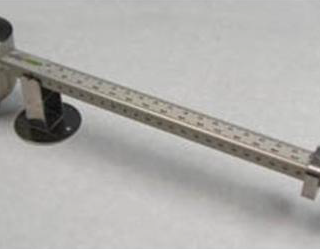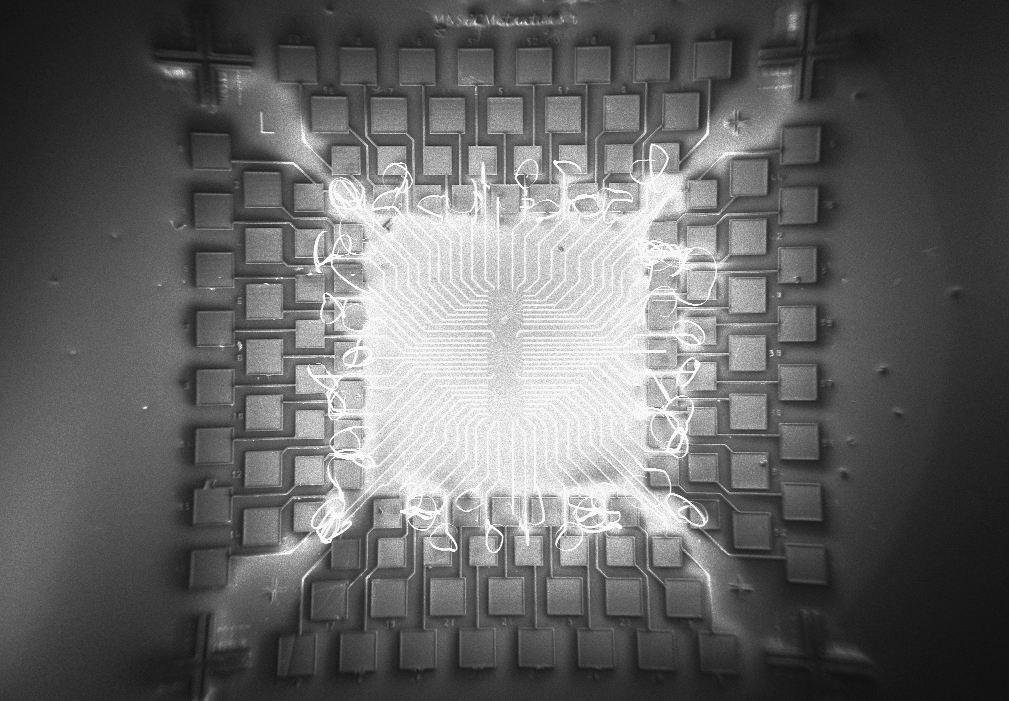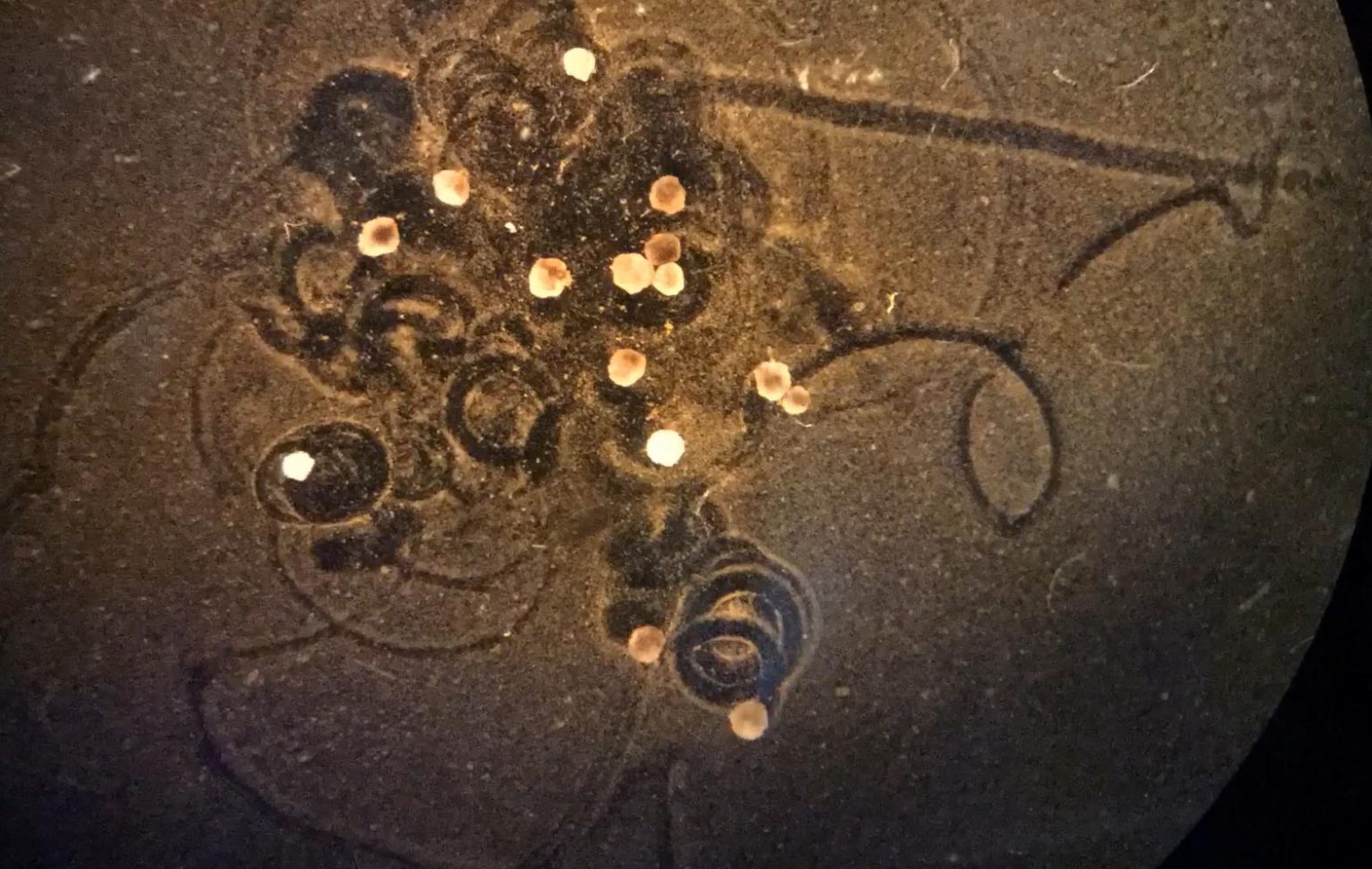Products
- Core Preparation
- Routine Core Analysis
- Special Core Analysis
- Reservoir Stimulation
- EOR
- IFT Measurement
- Fluid Sampling
- PVT
- Pump
- Drilling Laboratory
- Petroleum Laboratory
- Aniline Point Measuring Device
- Cloud Point Measuring Device
- Copper Corrosion Measuring Device
- Distillation Apparatus for Petroleum Fluids
- Ductility of Bituminous Materials Measuring
- Flash Point Measuring Device
- Ostwald’s Viscometer
- Penetration of Bituminous & Lubricating Grease Materials Measuring Device
- Pour Point Measuring Device
- Reid Vapor Pressure Measuring Device
- Saybolt Viscometer
- Smoke Point Measuring Device
- Softening Point of Asphalts & Tar Pitches Measuring Device
- Fluid Laboratory
Our group is among the knowledge-based enterprise pioneers in petroleum industry.

Category: Drilling Laboratory
Drilling Laboratory
Showing 17–26 of 26 results
-
Auto Calcimeter Apparatus
Read moreThe Calcimeter accurately and quickly determines if the scale build-up is composed of calcium carbonate. The calcite to dolomite content of the unknown sample aids in determining which chemical treating program to implement. This apparatus measures the calcite and dolomite content of drilling cuttings automatically. Pressure data is transmitted to the software, and analysis is performed by online software. Hastelloy cell is resistant to hydrochloric cell.
Request for quote -
Calcimeter Apparatus
Read moreThis apparatus measures the calcium carbonate (calcite) and magnesium carbonate (dolomite) content in drilling cuttings. The test is based on the reaction between calcite and dolomite with hydrochloric acid and consequent carbon dioxide emission. The formation of carbon dioxide increases the cell pressure which is measured by an accurate pressure gauge. The calcite to dolomite content of the unknown sample aids in determining which chemical treating program to implement. The entire test procedure requires 15 to 30 minutes for both calcite and dolomite determination.
Request for quote -
Differential Sticking Tester
Read moreThis apparatus measures the stuck tendency coefficient of a drilling fluid. The probability of the occurrence of stuck pipe situation by drilling fluid, and also, the performance of an additive to the stuck solution could be measured by this setup. It takes into account both the stickiness and the cake-building capability of the drilling fluid. The Stuck Tendency Coefficient is determined by the Timed Filtrate Test. The unit can be pressurized by the CO2 regulator assembly or from any nitrogen source. If Nitrogen is to be used, the Sticking Tester must be fitted with a suitable Nitrogen regulator, gauges, relief valve, hose, and fittings.
Request for quote -
pH Meter
Read moreThis apparatus is designed to measure the pH of drilling fluids. This is capable to use fluids with wide ranges of pH values. Fundamentally, a pH meter consists of a voltmeter attached to a pH-responsive electrode and a reference electrode. The pH-responsive electrode is usually glass, and the reference is usually a silver-silver chloride electrode. When the two electrodes are immersed in a solution, they act as a battery. The glass electrode develops an electric potential that is directly related to the hydrogen-ion activity in the solution, and the voltmeter measures the potential difference between the glass and reference electrodes.
Request for quote -
Methylene Blue Test Set
Read moreThis apparatus measures the clay caution exchangeable capacity (CEC) of drilling mud. This test measures the amount of methylene blue dyes which is adsorbed by suspended clay in the drilling mud and Shows the number of reactive clays (bentonite and/or drill solids) present in drilling fluid. The Methylene Blue Test Kit contains all reagents, glassware, and hardware required to perform the methylene blue test according to the API recommended practice.
Request for quote -
Sand Content Set
Read moreThe sand content kit is a simple, accurate, and inexpensive sieve analysis apparatus for determining the sand content of drilling muds. Sieve analysis is the preferred method for sand content determination because of the reliability of the test and the simplicity of the equipment. The volume of sand, including that of void spaces between grains, is usually measured and expressed as a percentage by the volume of the drilling fluid.
Request for quote -
LPLT Filter Press
Read moreThis apparatus measures drilling fluid and cement filtration at ambient conditions based on API procedures. It is also applicable to check the wall-building (filter cake) properties of drilling mud and cement slurries using filter paper. This is the most effective means of determining the filtration properties of drilling muds and cement slurries. The basic unit has a cell assembly constructed of Stainless Steel and includes the required screen and gaskets.
Request for quote -
Retort Kit
Read moreThis apparatus simply measures the percentage of oil, water, and solid volume of the drilling fluid. The sample is first heated up to 550°C and the vapor is passed through a condenser. The condensates are collected to measure the oil and water volume of drilling. Knowledge of oil, water, and solid content is fundamental for proper control of mud properties when considering oil/water ratios, rheology, density, filtration, and salinity. Knowledge of solids in drilling fluids is essential for proper evaluation and viscosity control.
Request for quote -
Marsh Funnel
Read moreThe marsh funnel is made of break-resistant plastic and has a fixed orifice with a specified diameter. A fixed mesh near the top across half the cone avoids the orifice from getting blocked by greater particles. The high-impact plastic measuring cup is designed specifically for use with a marsh funnel viscometer and has scales in cubic centimeters and fluid ounces. The marsh funnel viscosity is the ratio of the speed of the sample fluid as it passes through the orifice to the amount of force that is causing the fluid to flow. The marsh funnel viscosity is reported as the number of seconds required for 1000 cm³ of sample fluid to flow out of a full marsh funnel.
Request for quote -
Mud Balance
Read moreMud balance measures the density and specific gravity of drilling fluid and cement slurries. This apparatus is designed based on API-recommended standards. It is portable and can be carried to the rig to perform on-site measurements. It is one of the most sensitive and accurate field instruments available for determining the density or weight-per-unit-volume (specific gravity) of drilling fluids.
Request for quote
Best offers
Customizing Orders Based On Customer Needs
Initial Setup & Installation
24x7 Support
Product Warranty & Guarantee
CIF Delivery
Know Us

The company provides new services based on state-of-art technologies, breaking into new markets, and eventually, stabilizing as a knowledge-based industrial group.
Read More
